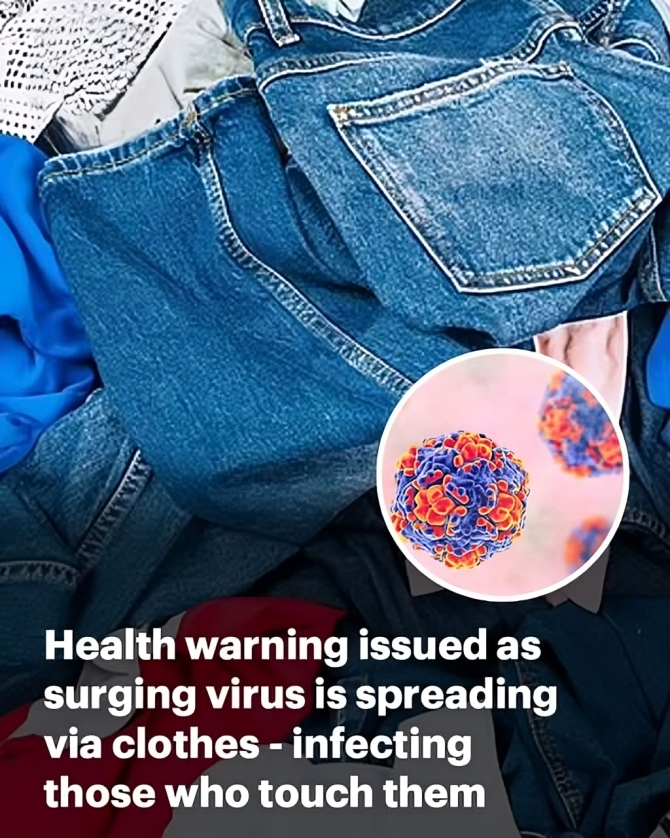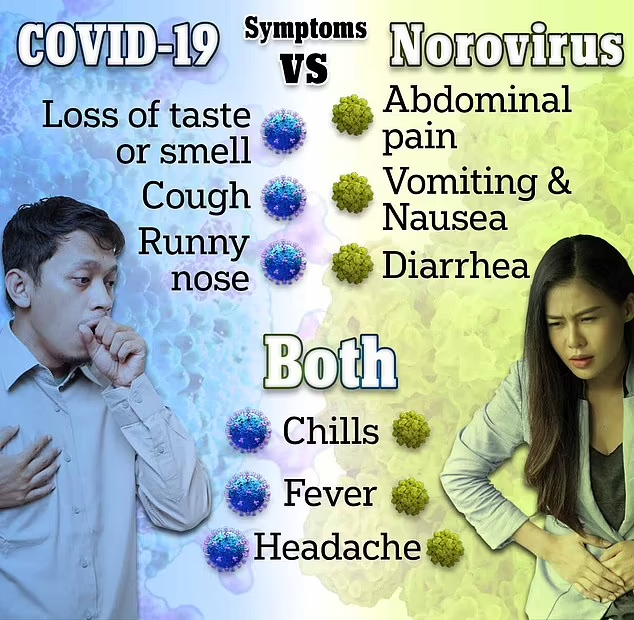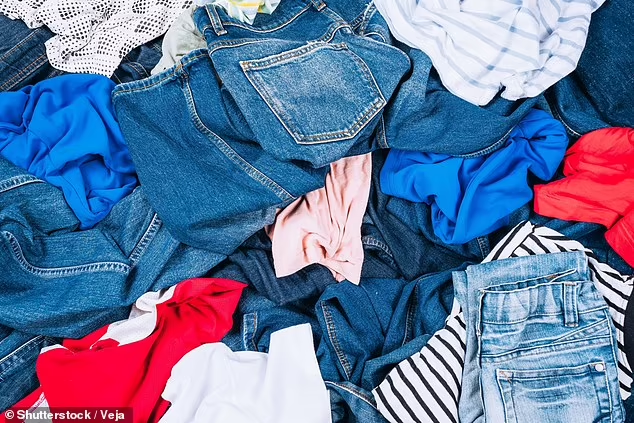
Experts have warned that norovirus can survive in clothing fabric for up to a month, potentially infecting anyone who touches it. This highly contagious virus can also be found on other fabric-covered objects like chairs, sofas, cushions, and even curtains.
The number of cases of winter vomiting bug—which causes nausea, vomiting, and diarrhea—has jumped by 40% compared to previous years. This surge could add more pressure to an already stretched healthcare system, which is also dealing with a rise in flu cases.

Norovirus spreads easily through close contact with infected people or by touching contaminated surfaces and objects. Health experts recommend handwashing as the most effective way to prevent the virus. Hand sanitizers are not enough since alcohol doesn’t kill the virus.
To stop the virus from spreading, experts suggest washing clothes at high heat. This helps kill the virus, as norovirus can survive in most conditions. Biological washing detergents, which contain enzymes like lipases, are also effective in removing the virus.
Norovirus symptoms can be similar to COVID-19, causing chills, fever, and headaches. Jason Tetro, a microbiologist, explained that clothes are like “petri dishes” for microbes, and norovirus can survive on them for up to a month.

Experts also advise cleaning surfaces touched by infected individuals with antimicrobial products. If a person vomits on furniture or carpet, it’s important not to vacuum the area, as this can spread the virus. Instead, applying baking soda before cleaning or using a steam cleaner is recommended.
Cases of norovirus in the UK are now more than double those reported before the pandemic. The UK Health Security Agency reported a significant rise in norovirus cases this year. Hospitals are also feeling the pressure, with hundreds of beds occupied by patients with norovirus-like symptoms.

While most people recover at home, hospitals need to isolate patients to prevent the virus from spreading. For mild cases, staying hydrated and resting are key to recovery. In some cases, anti-sickness medication can help.
